Description
| N-Acetyl L-Cysteine | |
| CAS Number | 616-91-1 |
| Molar Mass | 163.195 g·mol−1 |
| Chemical Formula | C5H9NO3S |
| IUPAC Name | (2R)-2-acetamido-3-sulfanylpropanoic acid |
N-Acetyl L-Cysteine (NAC) is offering a high-quality and pure form of this essential substance. Within the scientific world, NAC—a derivative of the amino acid L-cysteine—is highly regarded for its many uses and beneficial characteristics.
Key Characteristics
Our N-Acetyl L-Cysteine (NAC) Vials boast key characteristics, including exceptional purity and quality. The formulation ensures that researchers have access to a reliable and uncontaminated source of NAC for their experimental endeavors.
Research Applications
Primarily developed for laboratory use, N-Acetyl L-Cysteine (NAC) finds applications in a range of research settings. Researchers can explore the diverse properties and potential applications of NAC, gaining insights into its impact on various physiological processes.
Research Benefits
Depression
Research indicates that NAC may have potential benefits in addressing depression. Investigations suggest that the compound’s influence on glutamate levels and antioxidant properties could contribute to alleviating symptoms associated with depressive disorders.
Autism
Studies propose that NAC may be relevant in the context of autism spectrum disorders. Research findings suggest a potential role for NAC in modulating oxidative stress and neuroinflammation, offering avenues for further exploration in autism research.
Cognition
NAC’s impact on cognitive function is a subject of research interest. Preliminary studies suggest that NAC may have neuroprotective effects, potentially enhancing cognitive function and protecting against cognitive decline.
Disclaimer
This content is presented exclusively for educational purposes and should not be construed as medical advice. THE MATERIALS REFERENCED HEREIN ARE EXCLUSIVELY INTENDED FOR LABORATORY AND RESEARCH USE.
Any clinical research initiatives must be conducted under the guidance of the relevant Institutional Review Board (IRB). Similarly, preclinical research involving animals must comply with the directives of the Institutional Animal Care and Use Committee (IACUC), adhering to the standards delineated by the Animal Welfare Act (AWA).
Our informational content is meticulously designed for research-oriented insights and is not a substitute for individual analysis and verification from credible sources before any purchasing decisions are made.
Upon the finalization of your order and payment, you explicitly acknowledge and agree to adhere to our Terms and Conditions. Customer contentment stands as our paramount concern. Should you find any dissatisfaction with the product received, kindly contact us at +14197075450 or email our support team at support@bc9.co.
IMPORTANT NOTICE: All products showcased on our platform are EXCLUSIVELY INTENDED FOR LABORATORY AND RESEARCH APPLICATIONS. They are expressly not intended for veterinary or human utilization.
References:
- Das P, Tanious M, Fritz K, Dodd S, Dean OM, Berk M, Malhi GS. Metabolite profiles in the anterior cingulate cortex of depressed patients differentiate those taking N-acetyl-cysteine versus placebo. Aust N Z J Psychiatry. 2013 Apr;47(4):347-54. doi: 10.1177/0004867412474074. Epub 2013 Jan 22. PMID: 23341476. [Read More]
- Hardan AY, Fung LK, Libove RA, Obukhanych TV, Nair S, Herzenberg LA, Frazier TW, Tirouvanziam R. A randomized controlled pilot trial of oral N-acetylcysteine in children with autism. Biol Psychiatry. 2012 Jun 1;71(11):956-61. doi: 10.1016/j.biopsych.2012.01.014. Epub 2012 Feb 18. PMID: 22342106; PMCID: PMC4914359. [Read More]
- Remington R, Lortie JJ, Hoffmann H, Page R, Morrell C, Shea TB. A Nutritional Formulation for Cognitive Performance in Mild Cognitive Impairment: A Placebo-Controlled Trial with an Open-Label Extension. J Alzheimers Dis. 2015;48(3):591-5. doi: 10.3233/JAD-150057. PMID: 26402075. [Read More]




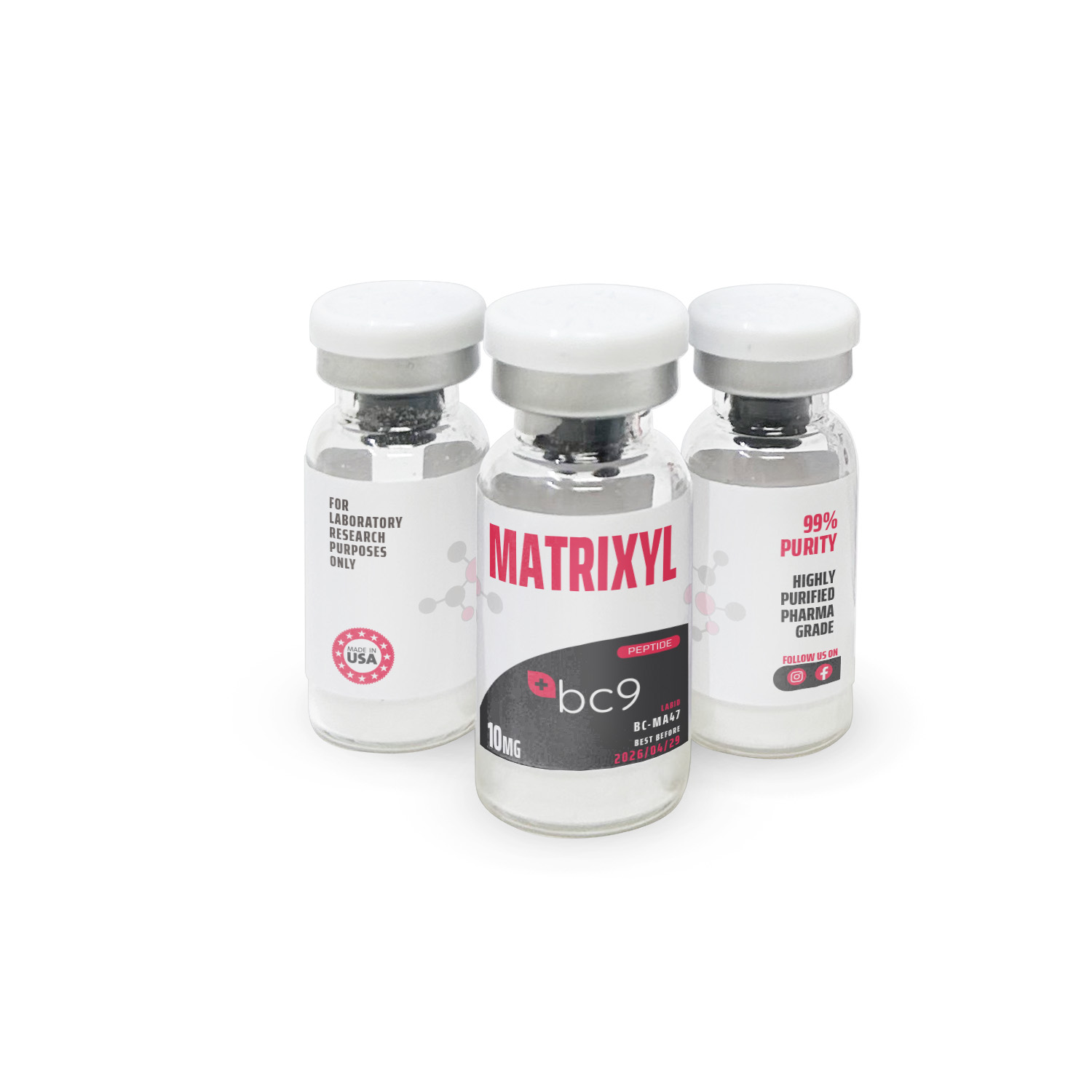
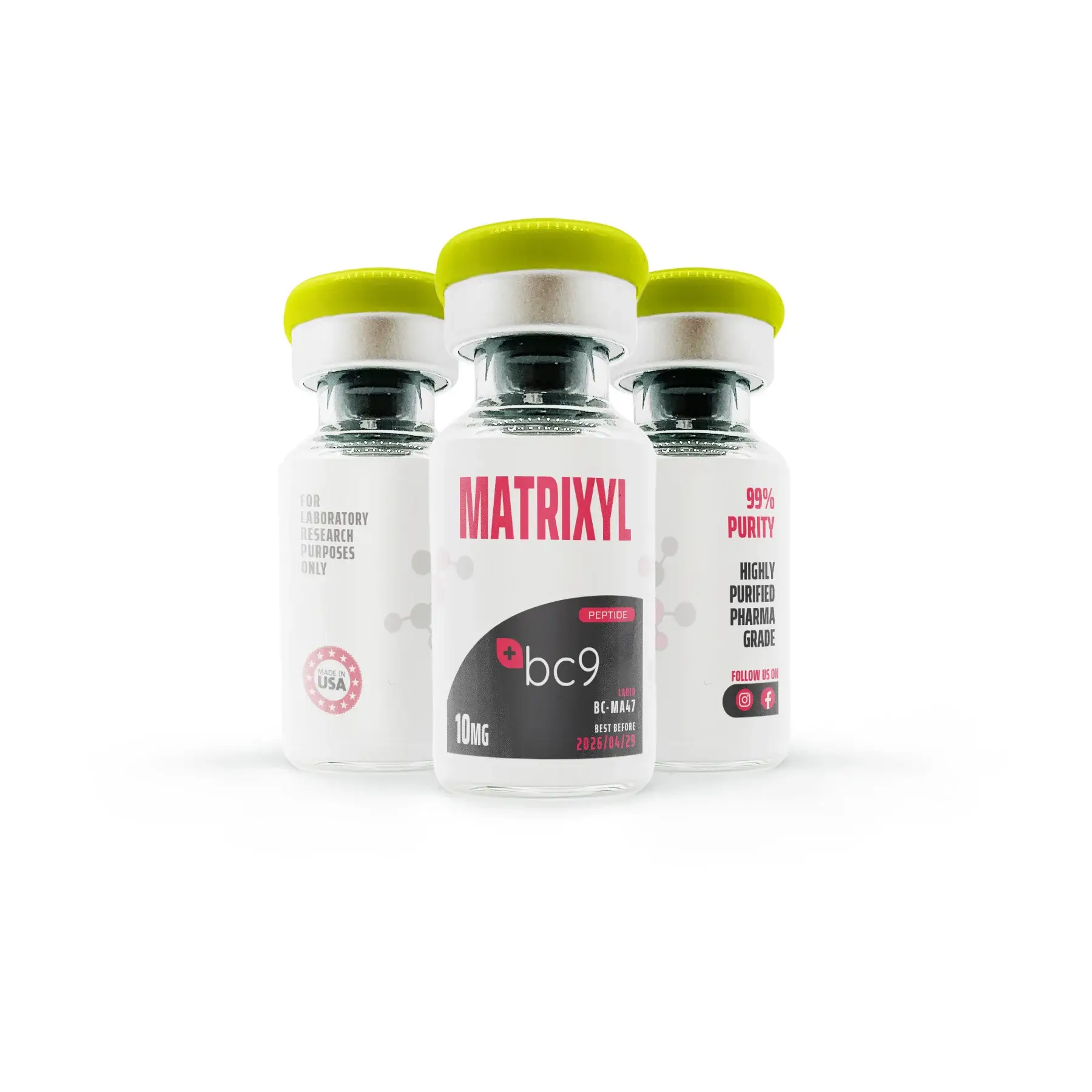
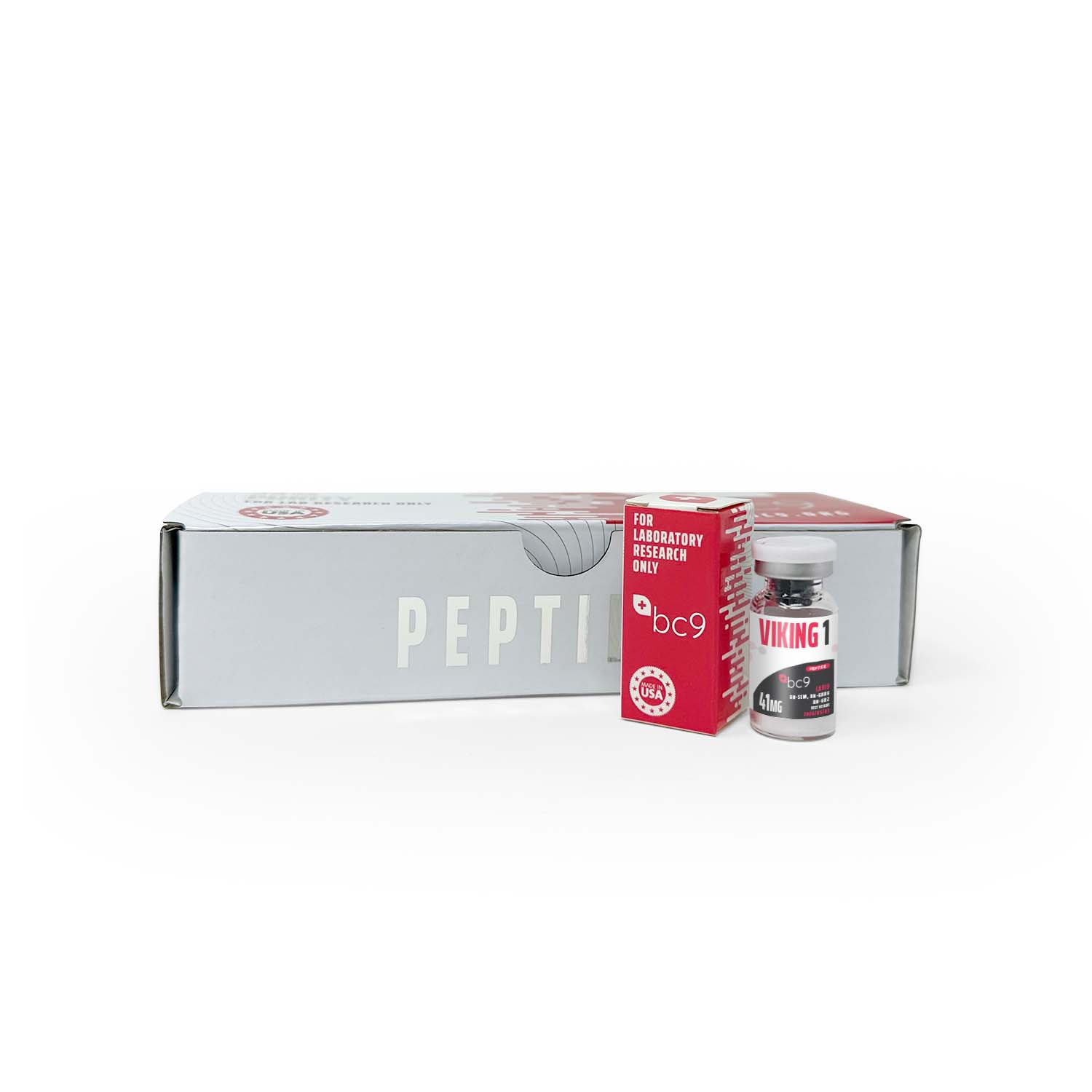

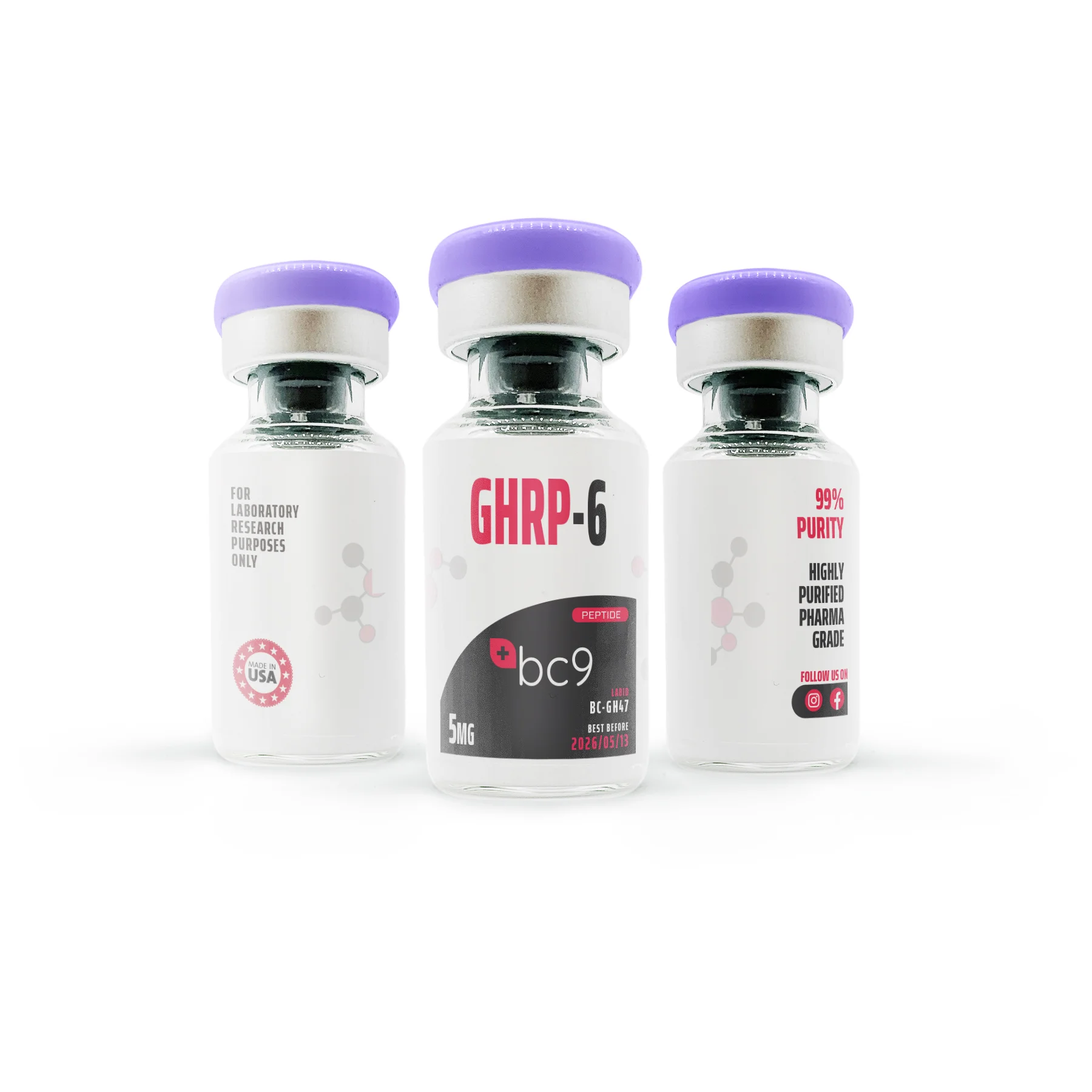
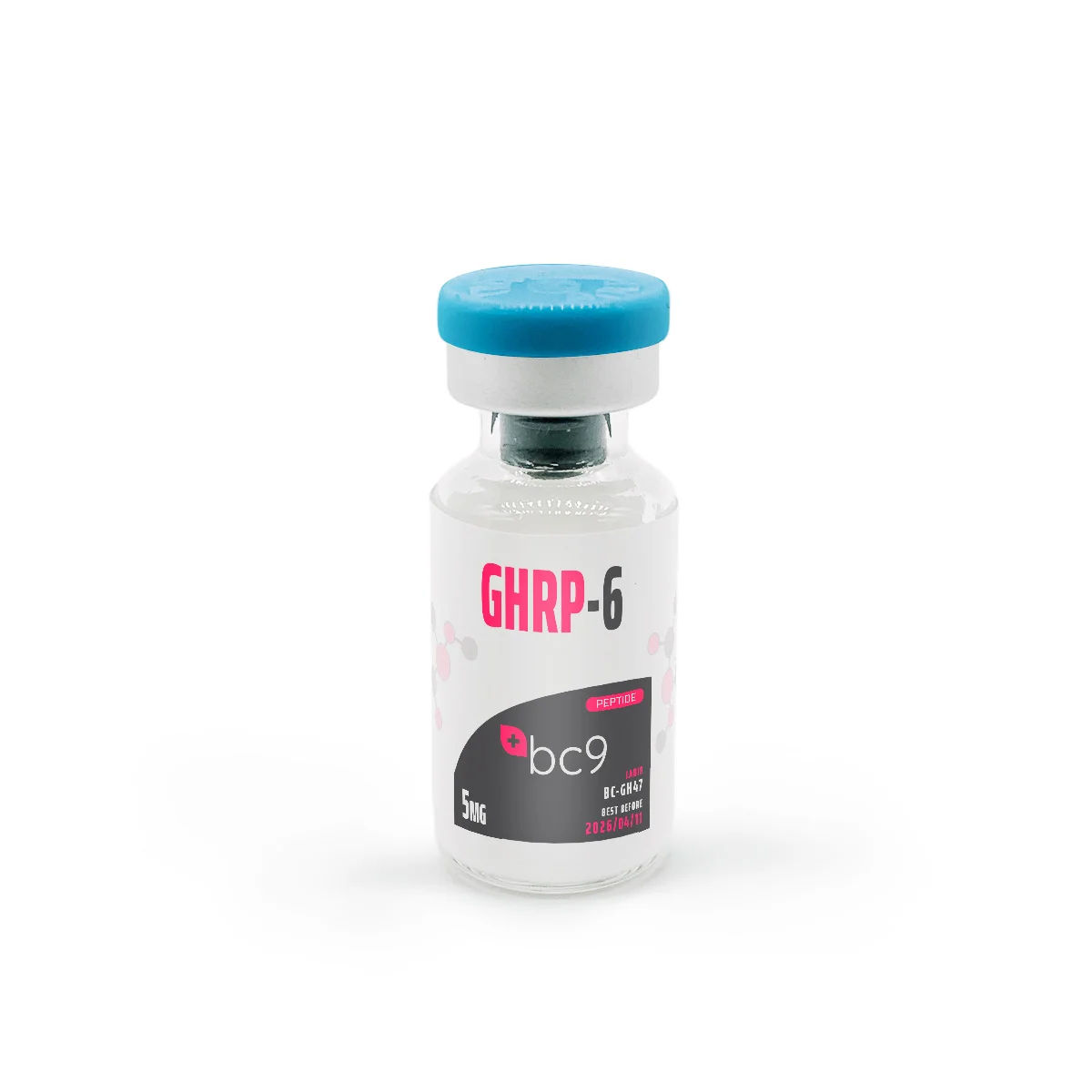
Christopher Gonzalez –
Ideal for research purposes.